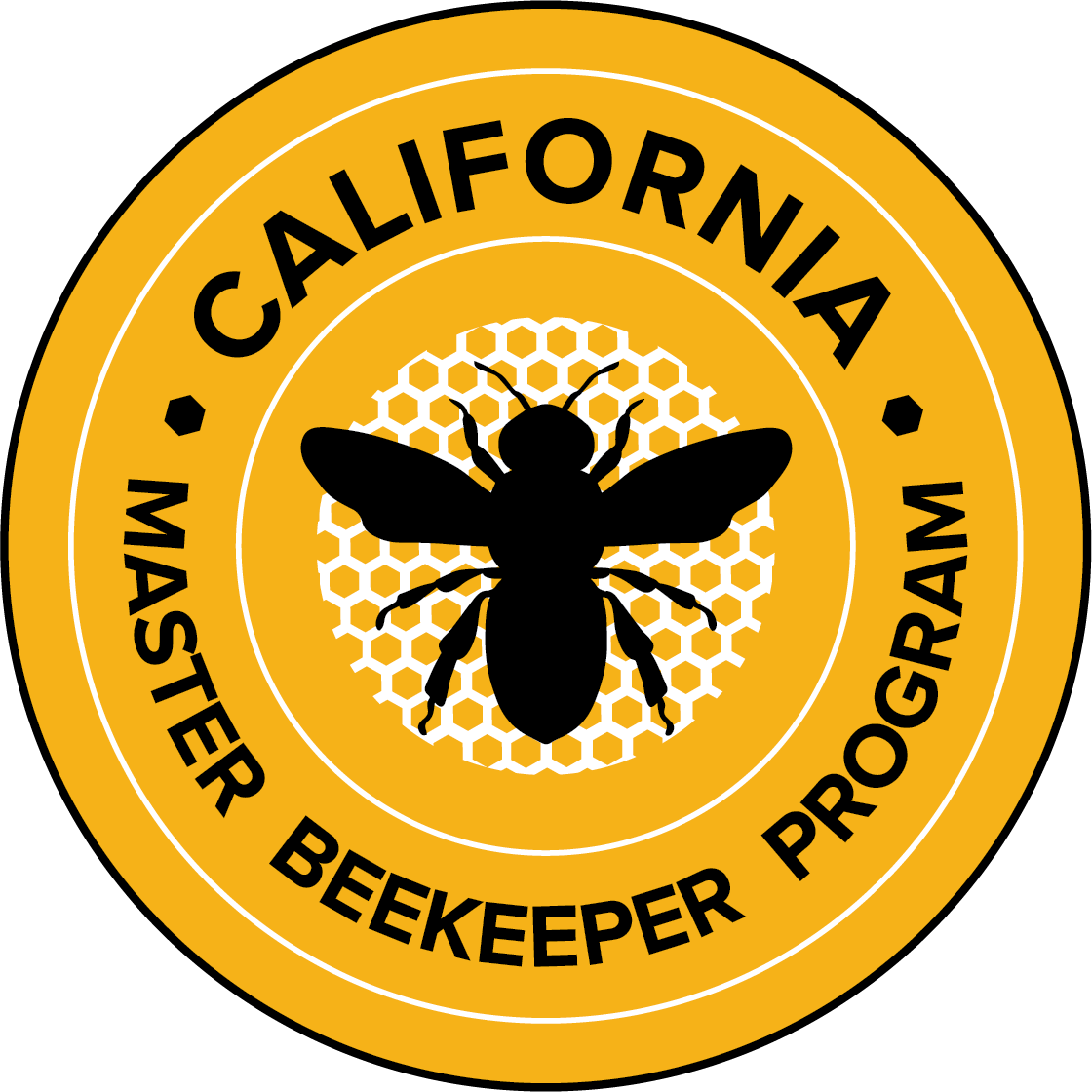Honey bees are social insects that defend their colony and queen as part of an evolved survival strategy. While most honey bees are relatively gentle when foraging or away from the hive, they can become highly defensive under certain conditions, especially when they perceive a threat to their home.
If signs of a systemic allergic reaction appear call 911 immediately and consider using an epinephrine auto-injector (e.g., EpiPen) if available.
What Is Defensive Behavior?
Highly defensive honey bees (sometimes inaccurately referred to as “Africanized” or “killer” bees) are bees that exhibit heightened, sustained, and sometimes unpredictable responses to perceived threats. Common signs of defensive behavior include:
- Flying toward or stinging people or animals at a distance
- Guarding a larger-than-normal perimeter around the hive
- Reacting to minimal or no clear provocation
- Remaining agitated for prolonged periods
While all honey bees defend their nest to some degree, extreme defensiveness becomes a public safety concern when:
- Bees attack in large numbers
- They pursue individuals for long distances
- They target bystanders who are not interacting with the hive
Scutellata and "Africanized" Honey Bees
Some defensive traits are characteristic of Apis mellifera scutellata, a honey bee subspecies native to Africa. When scutellata bees interbreed with European honey bee strains, the resulting hybrids, commonly called “Africanized honey bees”, can exhibit highly defensive behavior. Currently the only reliable way to confirm scutellata genetics is through laboratory analysis.
Currently the only evidence-backed way to confirm scutellata genetics is through laboratory testing.
Note: We prefer the term “defensive honey bees” over “Africanized bees,” as defensiveness does not always correlate with African ancestry
Factors That Influence Defensiveness
A colony's temperament can vary based on a range of environmental, biological, and human-controlled variables:
| Factor | Influence on Behavior |
|---|---|
| Genetics | Queens from docile stock are less likely to produce defensive colonies. Supersedure (uncontrolled queen replacement) may introduce unknown or defensive genetics. |
| Health & Nutrition | Colonies stressed by pests, disease, queen loss, overcrowding, or poor forage may be more irritable or reactive. |
| Weather & Season | Bees tend to be more defensive in hot, humid, or stormy conditions and during fall, when guarding honey stores. |
| Scents & Smells | Strong or unfamiliar odors (e.g., perfume, sunscreen, sweat) can provoke bees. The scent of bananas mimics bee alarm pheromone. |
| Clothing | Bees target dark colors, which resemble predators. Wear light-colored, smooth fabrics to reduce the chance of stings. |
| Movement & Vibration | Sudden movement, loud sounds, or vibrations from tools or machinery (even 100+ feet away) can trigger defensive responses. |
| Hive Manipulation | Prolonged, rough, or poorly timed inspections, especially those without the use of smoke, can agitate bees and increase risk. |
Helpful Links:
- Defensive Honey Bees: What are they and how should you react to them? UCSD PSA
- BEE Alert: Africanized Honey Bee Facts
- University of Florida Extension: Differences between European and African honey bees
- Being Prepared for Africanized Honey Bees: An overview for the United States
- USDA Agricultural Research Service: Africanized Honey Bees
